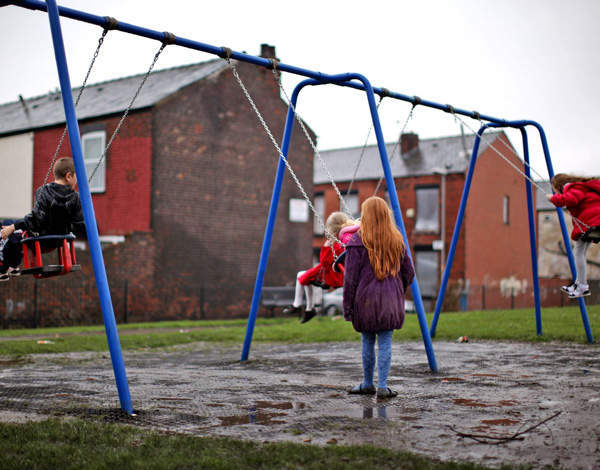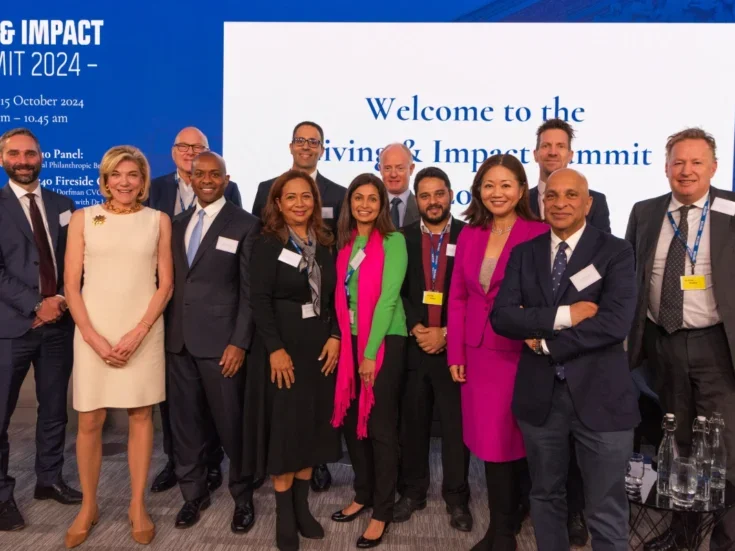

Last week BBC Children in Need raised a record-breaking £31 million, which proves there’s a huge amount of continuing backing of support for disadvantaged children. Most people would subscribe to the Children in Need vision that ‘every child in the UK has a childhood which is safe, happy and secure, and allows them the chance to reach their potential’. However, there is less agreement on how best to provide this support.
Education or parenting?
It is widely agreed by experts the world over that early intervention can be of enormous benefit to children: get in quick whilst children are still developing and break the cycle of disadvantage.
Ofsted chair Sally Morgan’s recent endorsement of education for two year olds as a way to support children from areas of high deprivation has proved contentious.
Critics argue that children aged two are developmentally too young for such a move, and question the appropriateness of such a formal setting. However, a growing body of research suggests that children from deprived backgrounds can be up to a year and a half behind their better-off counterparts by the age of five, which access to early years education could help to remedy.
The parent-child relationship is a big focus of activity: after all, raising children is one of the most important and difficult jobs in life, and yet few parents receive training — whether on-the-job or in advance. Support with parenting doesn’t have to be expensive. For example, volunteers at Home-start UK provide 30,000 families a year with emotional support as well as practical support, such as getting the family to the park or driving them to the doctor. These volunteers often work with mothers who fall into the category of having complex needs; anything from coping with drug or alcohol dependency, experiencing domestic violence, or suffering from mental health problems. Research on Home-Start in Holland shows that mothers’ wellbeing increased and children’s behaviour improved as a result of volunteer support.
At school, children can really benefit from parental involvement in their learning. At NPC, we’ve worked with School-Home Support, who engage with children and their families to help overcome the barriers that are preventing them from learning. A controversial new scheme is also being trialled where payments are made to parents to encourage them to attend ‘parenting academies’, so they can learn to support their children with reading, writing, maths and science.
Funding family support
Like the rest of the voluntary sector, charities working in this area are struggling, and small charities need to up their game on fundraising and look at working together (and potentially merging) to remain competitive. Philanthropists can provide support with this process. One hedge fund manager we’ve worked with funds local Home-starts, and his partner provides volunteer support around fundraising. They have also encouraged their grantees to liaise and learn from each other.
Two new ‘What works centres’ that focus on children and young people — the Education Endowment Foundation (EEF) and the Early Intervention Foundation (EIF) — will hopefully make it easier for service providers to access information on the latest evidence on effective practice, and for successful approaches to attract more funding.
As a philanthropist, it’s worth having a look at what comes out of these centres. As the EIF states, it’s all about improving ‘children and young people’s social and emotional skills, language and communication, self control and mental health’. Disadvantaged children need help boosting this skill set in order to do well at school, develop successful relationships, and have a chance to ‘reach their potential’.
Anne Kazimirski is deputy head of measurement and evaluation at NPC







